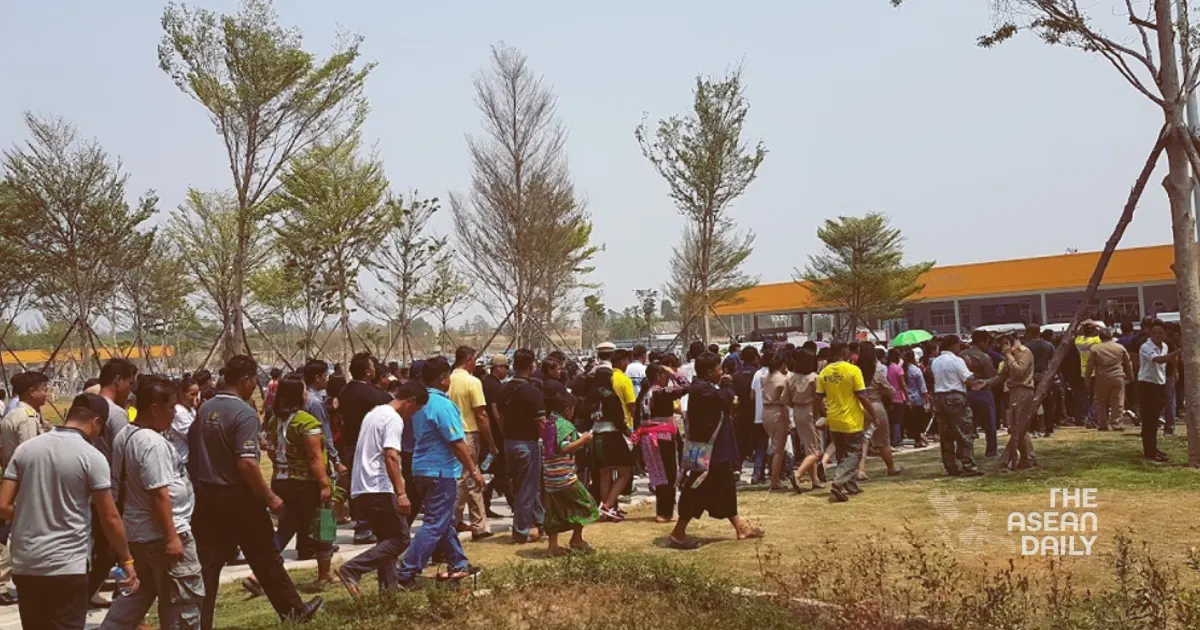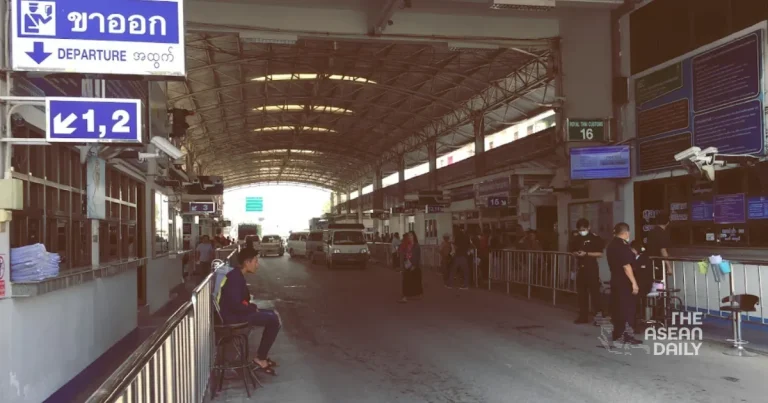18-12-2024 (BANGKOK) Parliamentary committees in Thailand have launched urgent discussions following appeals from 14 nations seeking assistance in liberating their citizens from trafficking syndicates operating in Myanmar’s border regions.
The crisis centres on hundreds of foreign nationals currently held captive by criminal organisations running online scam operations across the Moei River from Thailand’s Mae Sot district in Tak province. These gangs are exploiting Thailand’s border infrastructure as an entry point to what activists describe as a dire humanitarian situation.
House Speaker Wan Muhammad Noor Matha convened an emergency session on Wednesday after Fair Party list MP Kannavee Suebsang brought the matter to Parliament’s attention. Mr Kannavee revealed he had received numerous appeals from diplomatic missions and NGOs representing 14 countries.
Notably, Mr Wan disclosed direct communications from both Kenyan and Sri Lankan diplomatic representatives regarding their citizens’ predicament. In response, he initiated immediate consultations with two parliamentary committees—one focusing on legal affairs and human rights, and another on national security and border matters.
“Thailand’s position as an inadvertent facilitator of international criminal enterprises marks a significant shift from our previous understanding of human trafficking dynamics,” Mr Wan noted during the proceedings.

The scale of the challenge is substantial, with Mae Sot processing over 100,000 foreign arrivals annually. While local authorities have implemented preventive measures, including a dedicated checkpoint on Highway 12, MP Kannavee emphasised the need for more comprehensive solutions.
The Civil Society Network for Victim Assistance in Human Trafficking reports that upwards of 300 individuals from various nationalities are currently being coerced into fraudulent operations in Myanmar’s Myawaddy region. This area, controlled by Karen ethnic armed groups including the Border Guard Force and Democratic Karen Buddhist Army, has become a hub for criminal activities.
These operations extend beyond mere scam centres, encompassing broader human trafficking networks and narcotics trade. The region’s complexity is compounded by its strategic location and the significant revenue these illicit activities generate for local armed groups.
Thai authorities now face mounting pressure to address what has evolved from a domestic concern into an international crisis. The situation underscores the urgent need for enhanced regional cooperation and more robust border control mechanisms to combat these sophisticated criminal networks.




